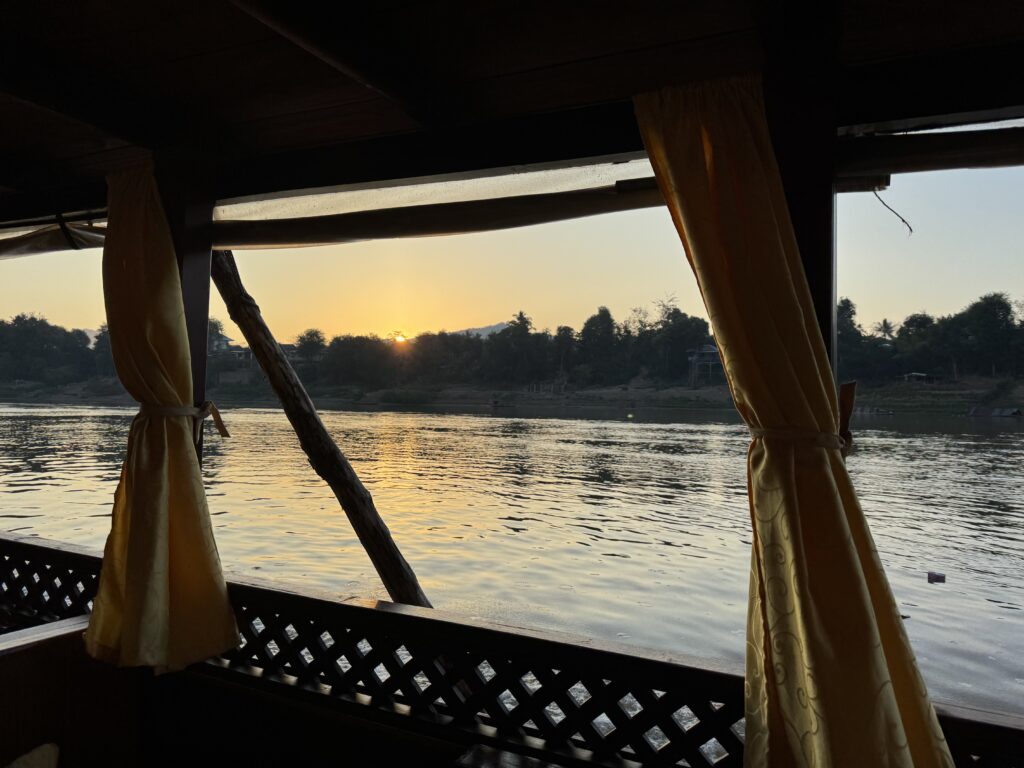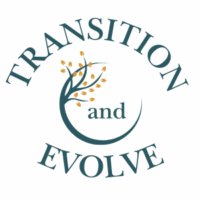
Walter Isaacson’s biography of Leonardo da Vinci includes a quote that resonates deeply:
“Being curious about everything not only makes you more creative, it enriches your life.”
For me, curiosity is at the heart of travel—not just discovering new places, but how I engage with them and reflect on my own reactions.
Travel surprises us—sometimes delightfully, sometimes frustratingly. Curiosity helps me transform frustration into fascination. Instead of judging, I observe. Why does noise in a new city unsettle me? Why does an unexpected accommodation change ruffle my feathers?
Daniel Kahneman, in Thinking, Fast and Slow, puts it well:
“Our comforting conviction that the world makes sense rests on a secure foundation: our almost unlimited ability to ignore our own ignorance.”
The more we travel, the more we realise how little we know. Even seasoned travellers get caught out—visas, border crossings, transport mishaps. Take the Laos-China railway: a review aptly described its stations as “first-world structures let down by third-world mentalities.” Harsh, perhaps, but their system may work for them. Different doesn’t mean wrong.
Just this week, we took a train to Luang Prabang. The destination board for our train only listed Boten (further south), leading to brief panic—until I consulted The Man in Seat 61 and found it loops around. We ended up in “hard seats” (upright, lightly padded), but it was a short ride.
Biggest challenge? Luggage. Yet, people helped find space. That’s another lesson—most people are kind.
My travel buddy always reminds me: “Stay alert.” Systems change—not just country to country, but even within a country. I’ve learned to conserve my online energy. Rather than over-researching accommodations I now limit my parameters and make a choice, and we are getting better at making good choices.
Are my travel systems perfect? Not at all. But they evolve. Do you have your own travel tricks?
General Eisenhower once said:
“No battle was ever won according to plan, but no battle was ever won without one.”
I try to remember that in my approach. “Lifebook Wanderer” might sound aimless, but to me, it means being open to change. Two weeks ago, we had one plan; now, we’re heading to Turkey sooner than expected. A decade ago, we booked flights a year in advance. Now? We have just booked KL to Istanbul for April.
How do you plan your travels?
Austin Kleon, in Steal Like an Artist, writes:
“Your brain gets too comfortable in your everyday surroundings. You need to make it uncomfortable. Travel makes the world look new, and when the world looks new, our brains work harder.”
Travel keeps me learning and growing. Even returning home, I see things with fresh eyes—sometimes in appreciation, sometimes in awe, sometimes realising how small some worlds can be. Stepping beyond comfort zones, however we do it, is powerful.
What have your travels taught you lately?
